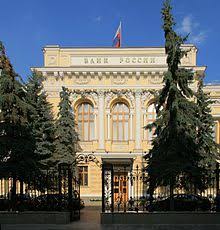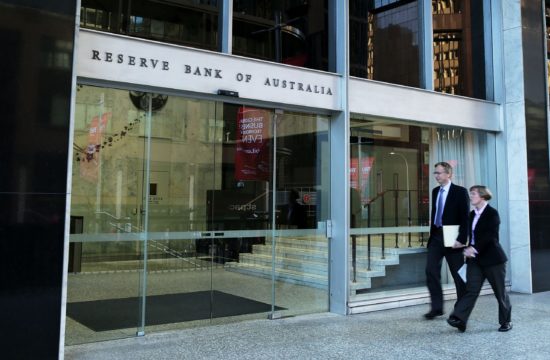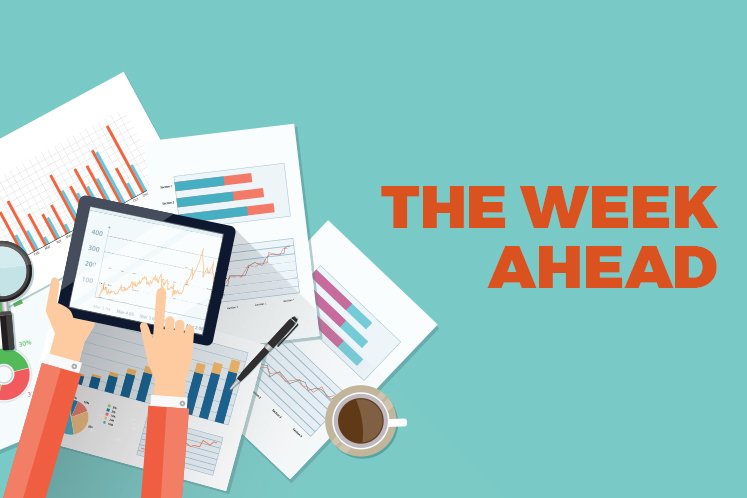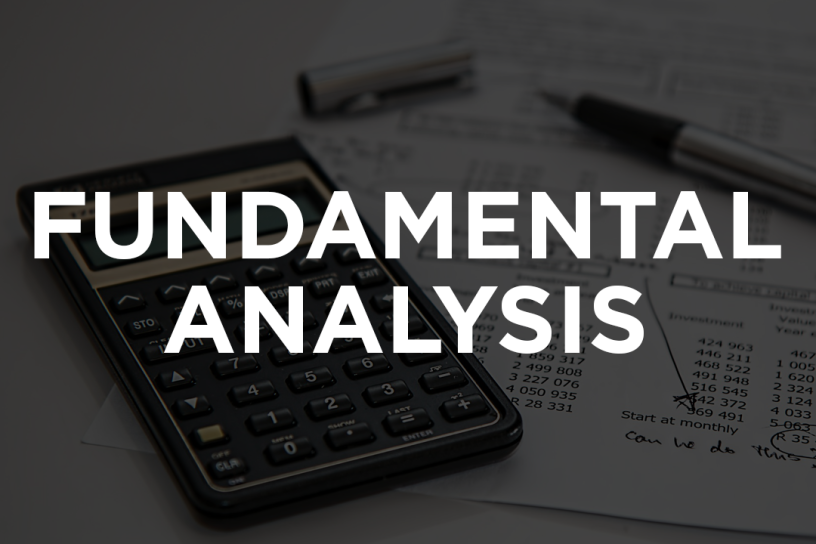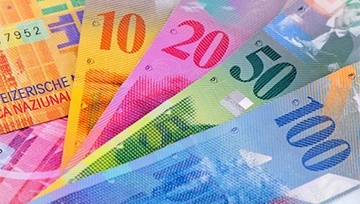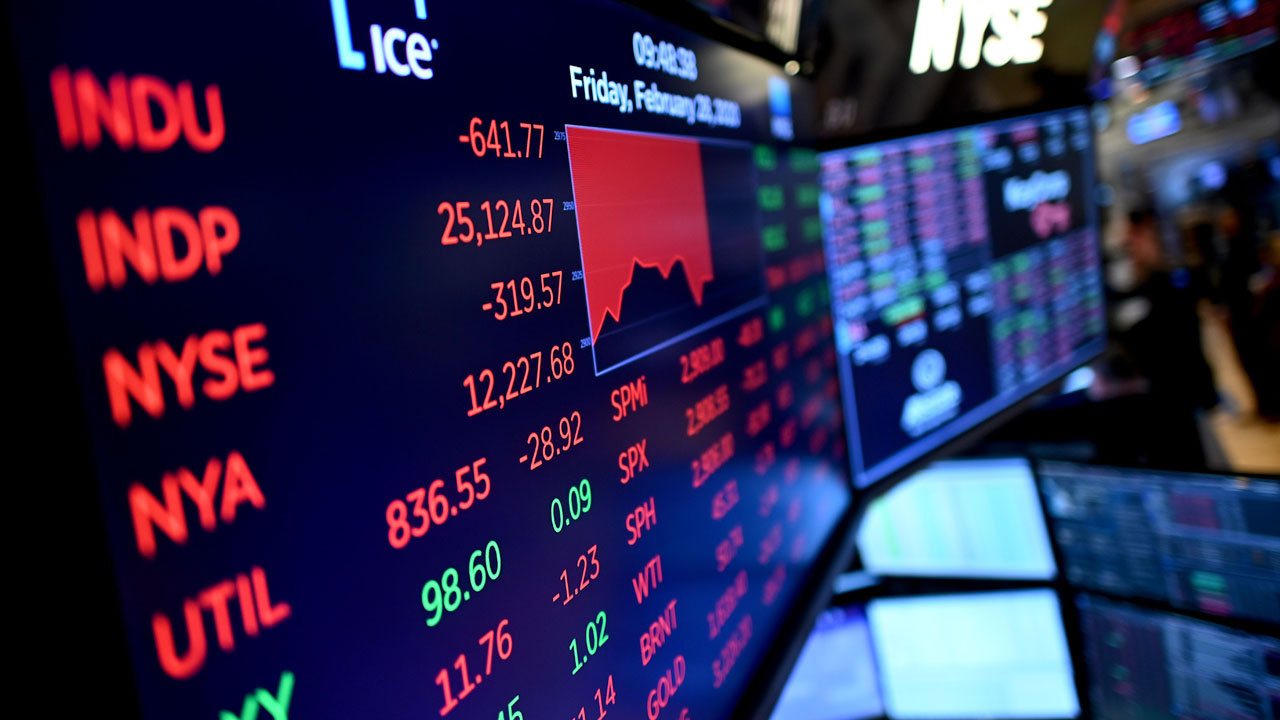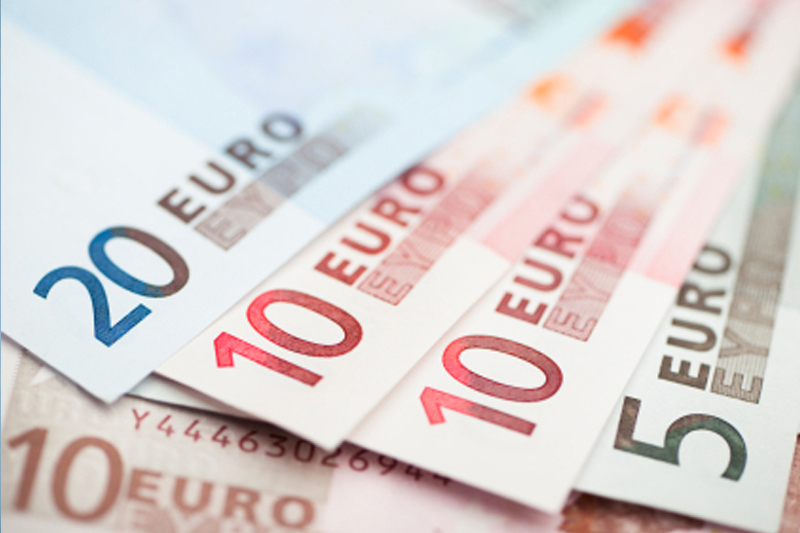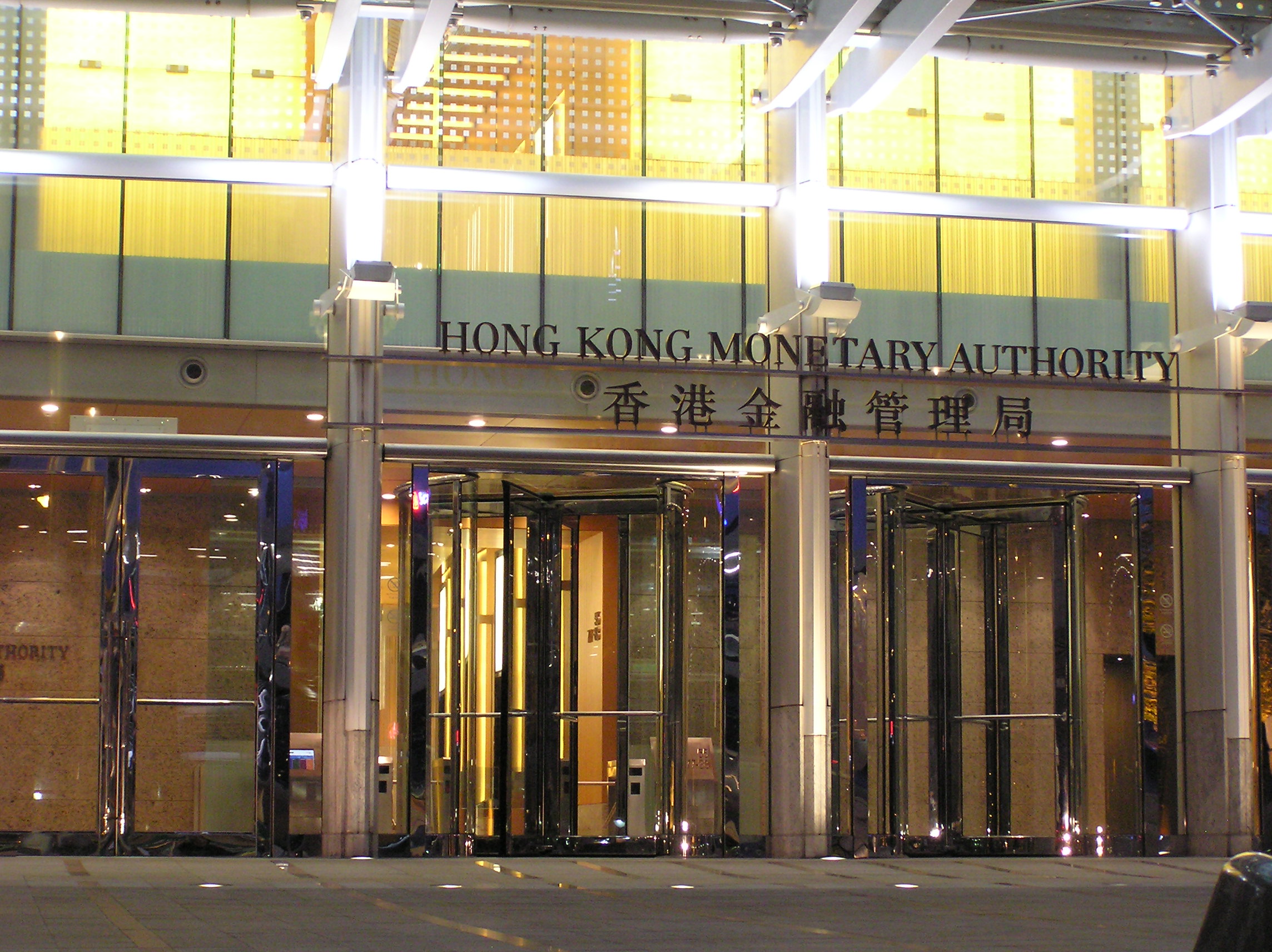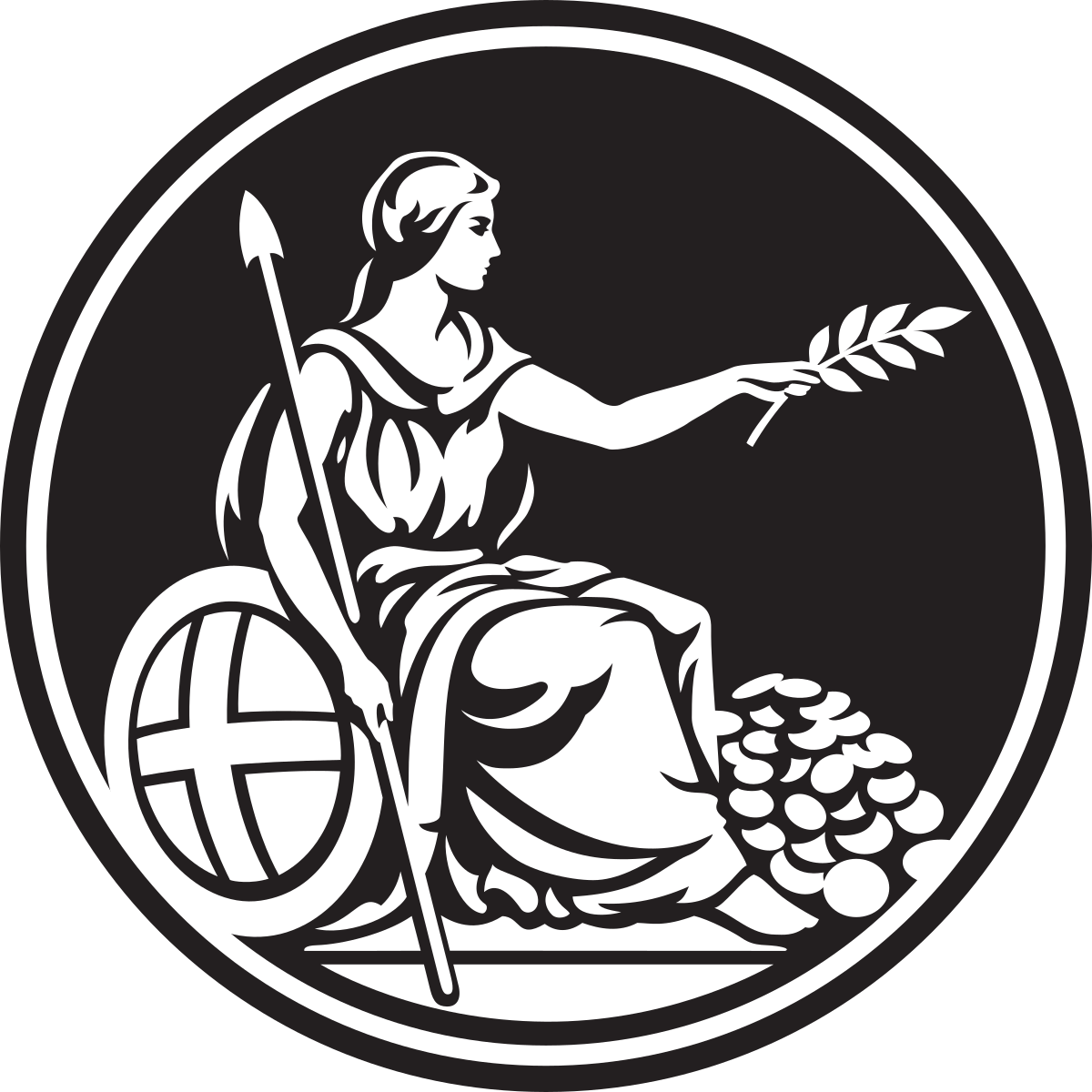February saw an increase in economic activity, on an annualised basis. The Bank of Russia expects that the economy is in for a temporary but substantial decline in the months ahead. The downward trend comes as a result of the spreading coronavirus pandemic, coupled with relevant restrictive measures, both globally and nation-wide. These are the findings of the latest issue of: ‘Economy: Facts, Assessments and Comments’, a regular Bank of Russia commentary.
The speed at which the economy will be returning to normality primarily rides on how soon the coronavirus pandemic abates and the restrictive measures currently in place are eased. The Bank of Russia will take into account the impact of this low economic activity on the medium-term forecast for inflation, inflation expectations and growth prospects.
The February expansion in economic activity was in large part brought about by the calendar factor. Both production and consumer activity were on the rise. Construction accelerated on the back of stepped-up paces of national projects being implemented, along with the abnormally warm weather. Investment demand was up, as indirect indicators show.
The last winter month saw an expansion in mining and quarrying sector output and several manufacturing industries. Both intermediate and investment goods outputs were at four-year highs. Coronavirus-linked large-scale quarantine measures and declining economic activity in several countries affected only a number of production sectors in February.
Consumption remained on a growth trajectory. Annualised retail sales accelerated in the month to 4.7% (vs 2.7% in January), in large part driven by the calendar factor. Consumer demand gained support from a rising household labour income.

